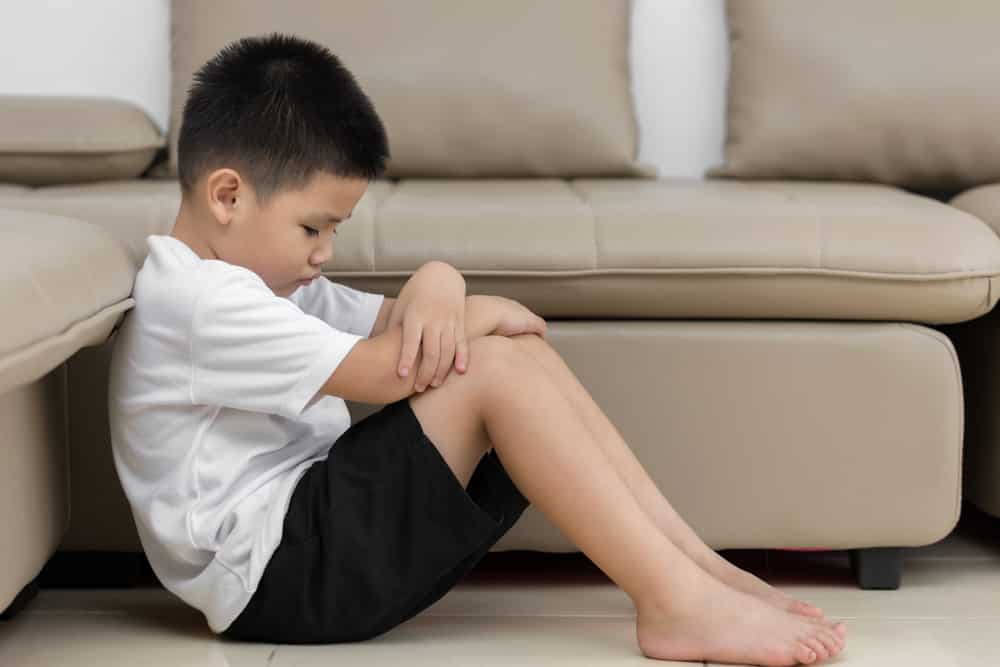What’s an oppositional defiant disorder?
A pattern of consistently hostile, angry, and defiant behavior toward authority figures characterizes oppositional defiant disorder (ODD), a childhood behavior disorder.
Frequently irritated, aggressive, and disrespectful are characteristics of ODD children. ODD may be diagnosed if this activity continues for six months or longer.
Between 1 to 16 percent of children and adolescents in the general population are affected by ODD, while individuals with attention deficit disorder experience it much more frequently (ADHD). Children with ADHD and ODD co-occur 4 out of 10 times.
If untreated, ODD can start in childhood or adolescence and develop into conduct disorder. Psychotherapy and medication are frequently used together to treat ODD.
ODD Symptoms
- Repeatedly throwing temper tantrums.
- Argumentative behavior toward adults, especially those with authority.
- Disobedience to rules and requests.
- Attempting to annoy others.
- Ignoring mistakes and blaming others.
- Feeling angry and resentful frequently.
- Seeking revenge and being spiteful.
- Speaking obscenely or swearing.
- Being mean and hateful when upset.
Moodiness, frustration, and low self-esteem are common among children with ODD. Sometimes, they abuse alcohol and drugs as well.
ODD causes
The main cause of the oppositional defiant disorder is unknown. A mix of genetics and environmental factors, such as the following, may contribute to the cause:
Genetics, a child’s innate character or temperament, and perhaps biological variations in the way the brain and nerves function
Environment: Parenting issues that may include abuse, neglect, inconsistent or harsh punishment, or a lack of monitoring
Oppositional Defiant Disorder Types
Early development of childhood disorders can make raising children very challenging.
The symptoms of ODD can be effectively addressed with early intervention and treatment, which can also stop it from developing into a more serious illness like conduct disorder.
Adolescent-onset. When students are in middle and high school, ODD suddenly manifests.
Children that were once lovable become impossible to live with. The conflict between home and school occurs practically constantly.
Risk concerns for ODD
A complicated issue is oppositional defiant disorder. ODD may be at risk for the following:
Temperament: A child with a temperament that makes it difficult to control their emotions, such as when they react emotionally strongly to events or when they have a hard time accepting displeasure.
A child subjected to abuse, neglect, harsh, inconsistent punishment, or a lack of parental supervision may have parenting challenges.
Other family problems include a child living with a parent, strife within the family, or a parent who suffers from a mental health or substance use condition.
Environment: Peer attention and unequal punishment from other authority figures, such as teachers, can promote and perpetuate oppositional and defiant behaviors.
Complications of ODD
ODD can cause problems for kids or teens at home, in the classroom, and their personal lives. ODD may result in:
- Performing poorly at work or school
- Antisocial conduct
- Inability to control impulses
- Issues with alcohol or drugs
- Suicide
Can Children Outgrown Oppositional Defiant Disorder?
Oppositional defiant disorder can also affect adults. Both spontaneous disappearance and lifetime retention of the disease are possible.
Adults with ODD often get worse over time and eventually develop antisocial personality disorder in roughly 40% of instances.
Even if it doesn’t get worse, ODD in adults can lead to marriage, relationships, and workplace issues.
Also, This population has greater substance misuse, divorce, and employment issues. The most popular forms of treatment for adults with ODD are therapy and medication.
ODD Prevention
It is impossible to avoid oppositional defiant disorder.
However, positive parenting techniques and prompt medical attention can aid in behavior change and stop things from getting out of hand. It is better to treat ODD as soon as possible.
The right kind of treatment can repair your child’s self-confidence and your bond with them.
Early intervention will help improve your child’s interactions with other significant adults in their life, such as teachers and caregivers.







